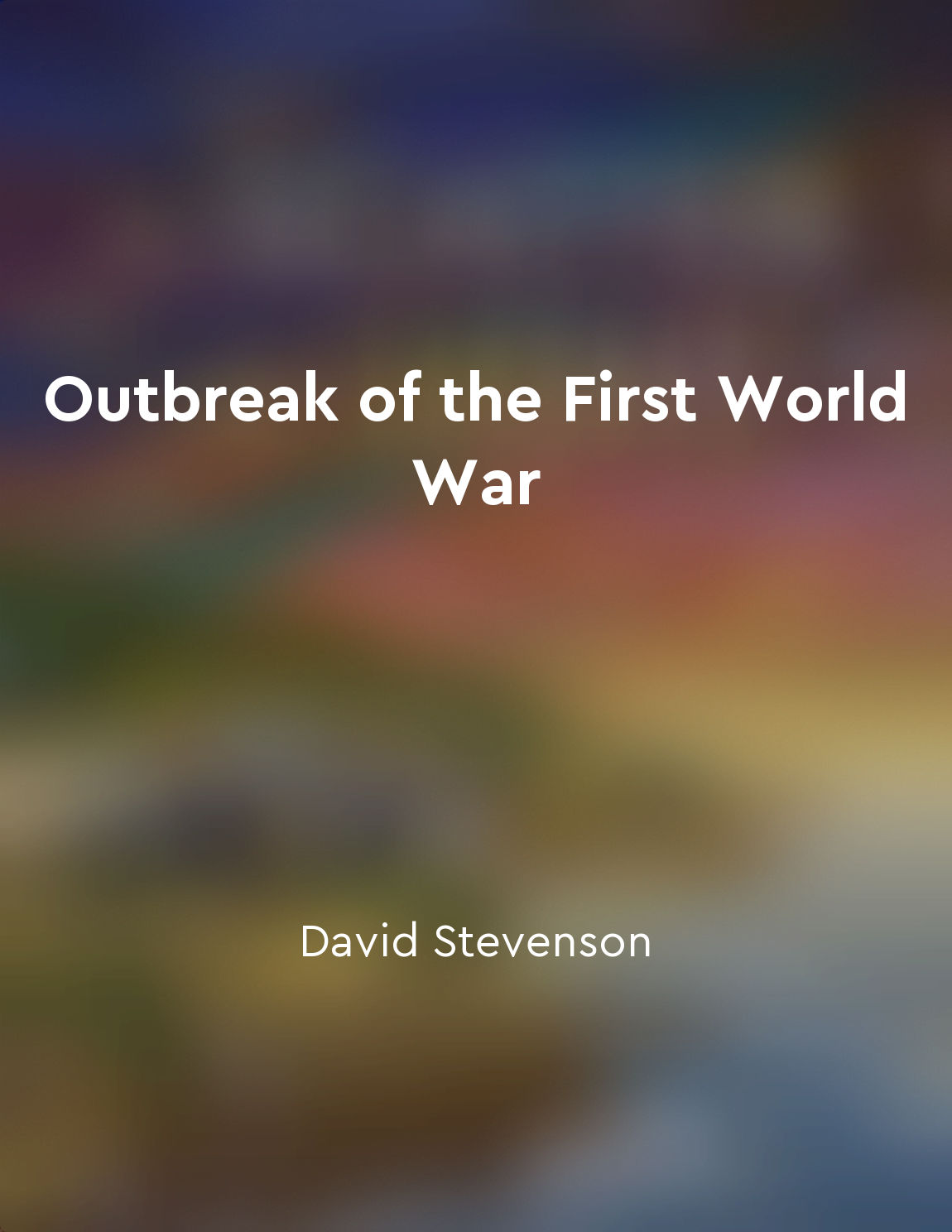Audio available in app
The rise of nationalism and imperialism fueled tensions among nations from "summary" of The Complete Story of Civilization by Will Durant
The growth of nationalism and imperialism in the late 19th and early 20th centuries brought about a new era of tension among nations. As countries began to assert their own national identities and interests, conflicts arose over territory, resources, and power. Nationalism, with its focus on promoting one's own nation above others, led to competition and rivalry between states. This competition often took the form of imperialism, as nations sought to expand their influence and control over other territories. Imperialism fueled tensions among nations as they vied for control of colonies and strategic regions around the world. The scramble for colonies in Africa and Asia, known as the "New Imperialism," pitted European powers against each other in a race for dominance. This competition for overseas territories not only heightened tensions between imperial powers but also created resentment among colonized peoples who sought independence from foreign rule. The rise of nationalism also played a significant role in escalating tensions among nations. Nationalist movements sought to unite people of a common language, culture, and history, often at the expense of other groups. This led to conflicts over disputed territories and border regions, as nations sought to assert their own claims to land and resources. The desire to create ethnically homogenous states often clashed with the reality of multi-ethnic empires, leading to tensions and conflicts between different ethnic and national groups. The combination of nationalism and imperialism created a volatile mix that fueled tensions among nations in the early 20th century. The rivalries and competition between states, fueled by nationalist and imperialist ambitions, ultimately contributed to the outbreak of World War I. The war, which was sparked by the assassination of Archduke Franz Ferdinand of Austria-Hungary in 1914, quickly escalated into a global conflict involving many of the world's major powers.- Leading to widespread destruction and loss of life during World War I. The Treaty of Versailles, which ended the war in 1919, imposed harsh penalties on Germany and redrew the map of Europe, setting the stage for future conflicts. The legacy of nationalism and imperialism continued to shape international relations in the years that followed, contributing to the tensions that ultimately led to World War II.
Similar Posts

Economic strains and shortages
The economic strains and shortages that pervaded Europe in the years leading up to the First World War were a result of a combi...
Artificial intelligence posed ethical dilemmas
As humans delved deeper into the realm of artificial intelligence, they encountered a myriad of ethical dilemmas that challenge...

Mobilization of military forces
The mobilization of military forces was a pivotal aspect in the outbreak of the First World War. This process involved the rapi...

War is an essential part of human history
War has been a constant companion of human history, shaping societies, cultures, and civilizations in profound ways. It is not ...
The military mobilization of powers set off a chain reaction
When one nation mobilized, others followed. The mobilization of men, money, and munitions set off a chain reaction of fear and ...
Europe pre1914 characterized by rivalry among major powers
Europe before 1914 was marked by a complex web of alliances and rivalries among the major powers, such as Germany, Austria-Hung...

Human diversity fosters creativity
Human diversity is not just a slogan. It is a key factor in the development of human societies. When people with different back...

